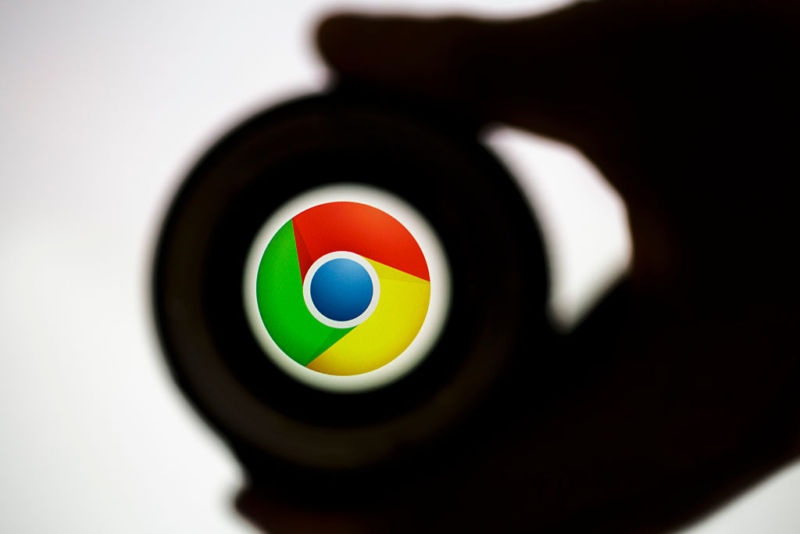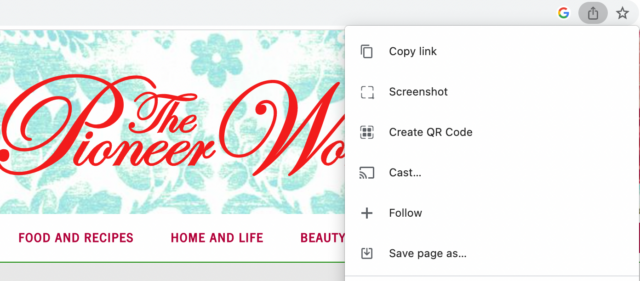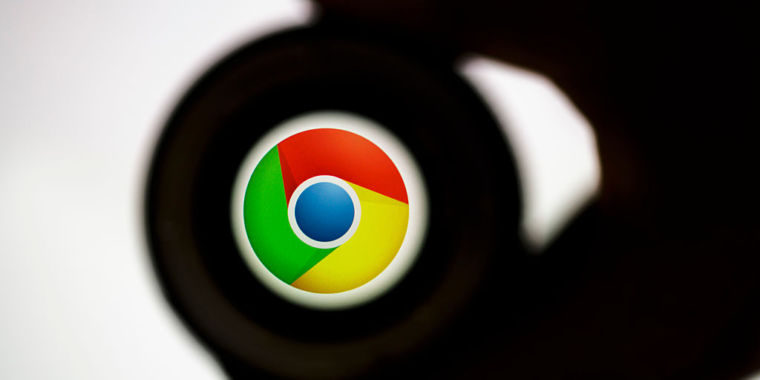[ad_1]

Getty Images
Does Google enjoy teasing and sometimes outright torturing some of its products’ most devoted fans? It can seem that way.
Tucked away inside a recent bleeding-edge Chrome build is a “Following feed” that has some bloggers dreaming of the return of Google Reader. It’s unlikely, but never say never when it comes to Google product decisions.
Chrome added a sidebar for browsing bookmarks and Reading List articles back in March. Over the weekend, the Chrome Story blog noticed a new flag in Gerrit, the unstable testing build of Chrome’s open source counterpart Chromium. Enabling that #following-feed-sidepanel flag (now also available in Chrome’s testing build, Canary) adds another option to the sidebar: Feed.
Feeds? Like RSS feeds, the kind we once had in dear, departed Google Reader, slain for the sins of Google+?
Kevin Tofel of About Chromebooks thinks so. Tofel writes that the underlying code of the feature “strongly suggests” an RSS-based feed reader, based on the specific language of “web feeds.” Then again, that same code section, powering the interaction between browser and sidebar, notes that it will be “the interface that Discover Feed content… will use to communicate with the browser.”
There’s some ambiguity there—but also evidence that Google is sticking with its long-gestating efforts to harness the open RSS standard in the Google ecosystem of “Follow.”
The “Follow” button was introduced in a Chrome for Android experiment in May 2021. Following a site allowed you to see its latest updates in a tab on your Chrome “new tab” page, similar to the “Discover” home page feature on many Android phones. The feature trickled into the Chromium Gerrit desktop builds earlier this year, and a “Follow” button is now available in Chrome Canary.

Last week, Chrome updated its guidance for site owners looking to have readers “Follow” their sites, asking them to make feed titles descriptive and to select a single feed for readers instead of offering multiple sections.
Chrome-watching blogs like to raise the specter of Google Reader in headlines when discussing Google’s attempts to turn apps and devices into content hubs. But it’s highly unlikely that Google would invest so much into putting Discover-like feeds into its phones, web-based laptops, browsers, search engine, Nest hubs, and more, simply to surrender and say, “Actually, we’ll just show you your headlines again.” Discover feeds are also a space that Google controls, so it can infuse them with advertising, which it can’t do with RSS.
Luckily, there’s an established market for old-school and reimagined RSS readers—and some very good options. Speaking of which, Ars Technica offers multiple segmented RSS feeds for readers. You can also add /feed/ to the end of any author page URL for author-specific feeds, like so.
[ad_2]
Source link

